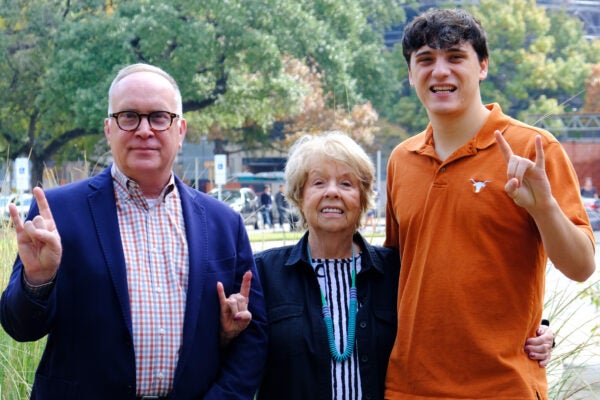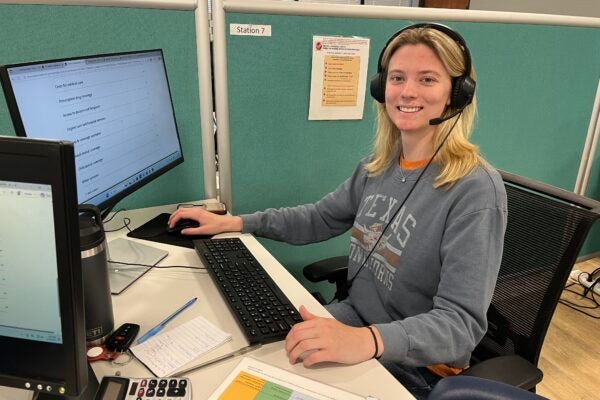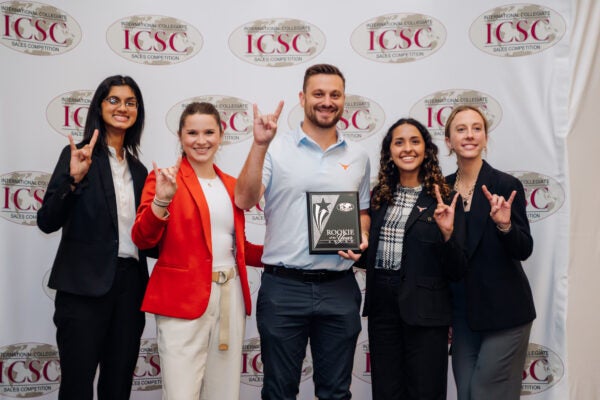Masters of Adaptability
Students in McCombs’ four Master of Science programs make the most of difficult times in a year like no other
By Alberta Phillips | Illustration by Brian Stauffer
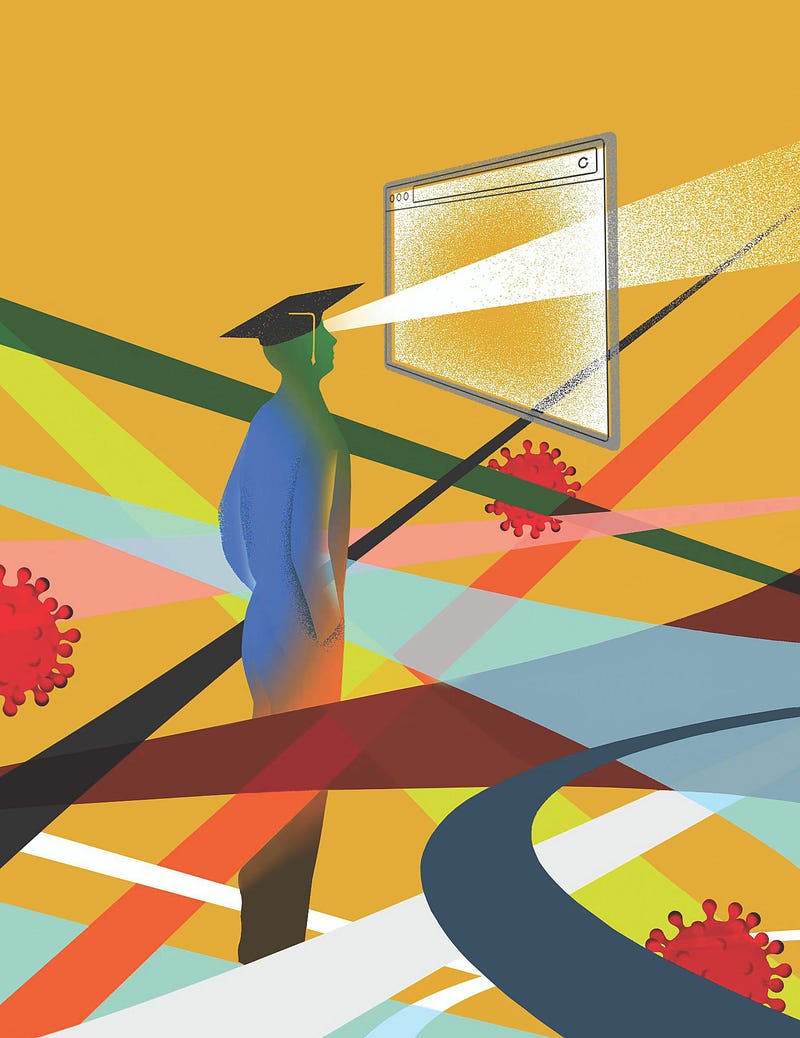
Elizabeth Cathcart was all set to graduate from Midwestern State University in Wichita Falls, Texas, in spring 2019 and start an exciting, new chapter that fall: She had been accepted into the Master of Science in Finance program at Texas McCombs, the culmination of a long-held goal.
But then tragedy hit.
Her basketball coach at MSU Texas was diagnosed with stage 4 cancer. Cathcart graduated but stayed another year to spend time with her beloved coach and play basketball on an extended scholarship. She fast-tracked an MBA at the Wichita Falls school that year, but keeping a promise to “Coach J” to “make her proud,” she applied again to McCombs for the next year. Again, she was accepted.
Then the pandemic struck.
Amid shutdowns and COVID-19 restrictions, Cathcart, 24, and other students selected for the 10-month M.S. program weighed the benefits of giving up a traditional college experience against the advantages of earning a McCombs graduate degree, much of it online. Most students stuck with McCombs, whose M.S. programs are ranked in the top five worldwide. But it was a year like no other in the programs’ history, and this spring the students graduated and reentered the working world.
With fewer face-to-face classes, students battled Zoom fatigue and COVID-19, and endured tragedies, including deaths of loved ones. With the help of McCombs faculty and staff members, however, they carved out unique experiences that incorporated traditional aspects of campus life into their virtual experiences.
“The number of heart-wrenching emails I received has never been so high,” says Jade DeKinder, associate dean of McCombs Master of Science programs. “Students in our program lost parents to COVID and faced challenges so very close to home.”
The M.S., which runs from July to May, offers four graduate degree programs: Business Analytics, Finance, Information Technology and Management, and Marketing. All maintained their regular features, including McCombs signature Capstone projects, in which teams of four to five students work directly with organizations to solve real-world problems.
In all, 260 students enrolled in M.S. programs for the class of 2021, about the same as in previous years, though COVID-19 brought more deferrals and dropouts than usual.
“We did see a number of students who had been admitted say, ‘The world has changed so much that I don’t want do this anymore,’” DeKinder says, noting that international students, in particular, were affected by the pandemic.
“There were lockdowns and shutdowns around the world, so students literally and physically couldn’t go to embassies to get visas,” she says. “We saw a significant number of international students ask for deferrals because they just could not get here.”
Virtual-only study from their home countries was not an option for international students, DeKinder says. The U.S. government requires students on F-1 visas to attend all but one class in person. Many students, concerned about whether they could meet such requirements in a given period, deferred admission.
That enrollment drop for international students was offset by a surge of applicants in early spring, DeKinder says, of students wanting to expand their educational credentials during uncertain economic times.
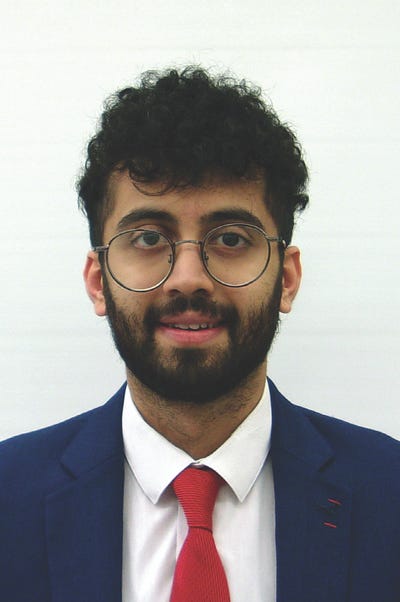
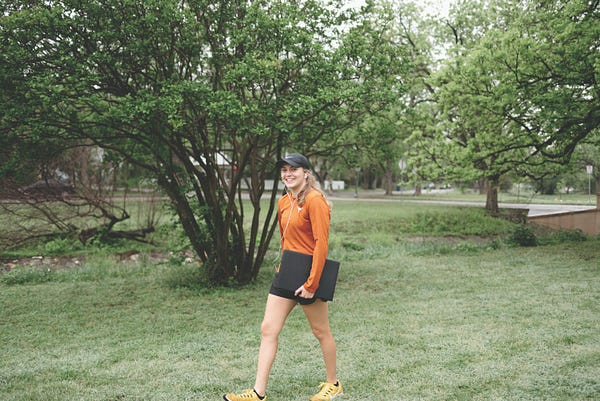
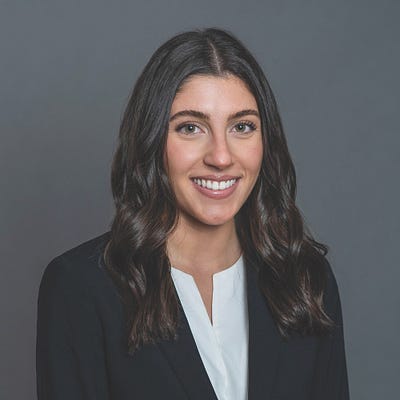
The Hybrid Classroom
Like many students, Cathcart wasn’t ready to fully surrender an in-person education. To accommodate those concerns, McCombs put together a hybrid of in-person and virtual classes, DeKinder says, devising at least three ways to attend classes: face-to-face in a classroom with a faculty member; online in a classroom, campus building or other location without an in-person faculty member; and online from home.
McCombs leaders left it up to faculty members and students to decide whether they were comfortable attending classes in person. “The faculty really moved mountains to make the most of the situation,” DeKinder says. “They kept students safe while pedagogically coming up with the best solutions.”
In-person classes were limited to 40% of the students wishing to be around their peers. Those who didn’t feel comfortable doing that could log on from home.
“I definitely was wanting an in-person experience to wind up, hopefully, what would be my last time in school,’’ Cathcart says. She opted to see peers in the classroom.
“I chose to go in person because I cannot stand being behind a screen all day,” she says. “Going to class has helped me put names with faces and get to know people a little better.”
The hybrid system also made a difference to Danielle “Ella” Akl, 25, who enrolled in the M.S. Information Technology and Management program after graduating from George Mason University in 2020.
“Most of my days were in person in that I myself went to campus,” says Akl. She set up her computer in the graduate student lounge and logged on to class with three to four students. Sometimes as many as nine others joined in, which she says, “essentially created this little classroom setting.”
Helping Students Launch Their Careers
At the same time, McCombs officials and faculty members went the extra mile to help students succeed and secure the lucrative offers from employers, just as their predecessors had under different circumstances. When all the data are in, officials expect the class to be as successful as past ones, says Merri Su Ruhmann, director of career education and coaching for the Master of Science programs.
“I tell incoming students that we don’t give you a job,” she says. “We give you the skills you can use for a lifetime of career success.”
Her team prepares students with skills to improve their résumés, interviewing techniques, job search strategies, and personal branding.
“Career Education and Coaching are amazing,” Akl says. “They work with you one on one (virtually) on résumé strength, mock interviews, and workshops. I have felt supported through every journey of my career program at McCombs.”
She accepted an offer to work in Austin for Google in a residency program in which employees rotate through various client-facing roles in the Google Cloud department. Akl describes it as her “dream job” because “it ties in the more business aspect of technology.”
“The faculty really moved mountains to make the most of the situation,” says Jade DeKinder, associate dean of McCombs Master of Science programs. “They kept students safe while pedagogically coming up with the best solutions.”
Cathcart also praised Ruhmann and her team, saying they helped substantially in polishing her résumé and interviewing skills, with all employers conducting interviews virtually. She received six job offers, including from three of the big four accounting firms: KPMG, Deloitte, and Ernst and Young (EY). She accepted the EY offer in Dallas.
Other students say they found their “dream jobs.” Ruhmann’s team works with all of the students to navigate their job searches and launch their careers — up to six months after they graduate.
“We offered tailored workshops on interviewing virtually, networking virtually, and how to navigate the job search from home when (in the past) the typical advice assumed in-person networking, interviewing, and recruiting,” Ruhmann says.
Did it work? Yes, she says, noting that while data are still being gathered, “we are seeing employment outcomes comparable to the class of 2020.”
In 2020, 93% of students in the M.S. Business Analytics program accepted offers within six months of graduation, with an average salary of $89,832. For M.S. Finance, 97% reported accepting offers during that period, with an average salary of $71,109; for M.S. Information Technology and Management, 95% accepted offers in that time frame, with an average salary of $91,444; and for M.S. Marketing, 86% accepted offers within six months of graduation, with an average salary of $64,625.
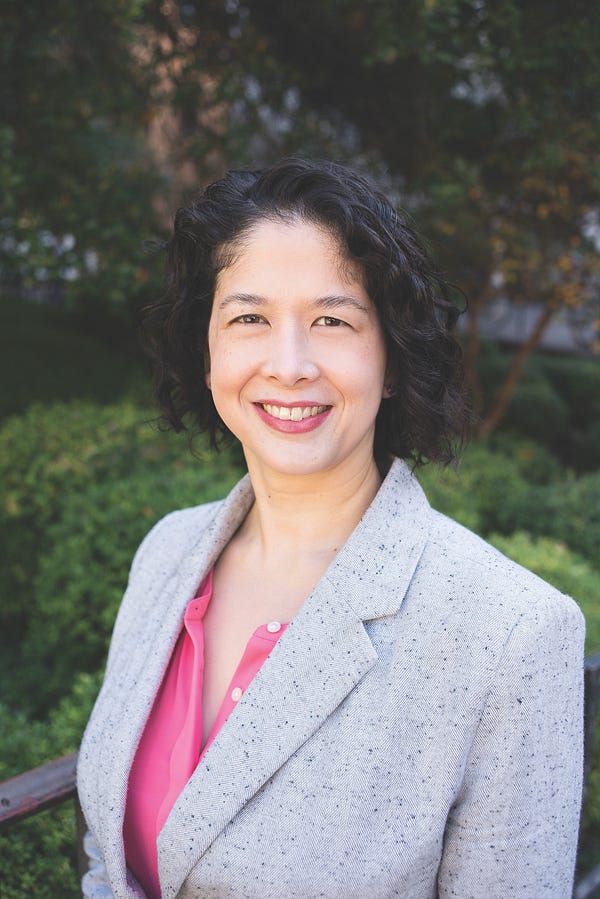
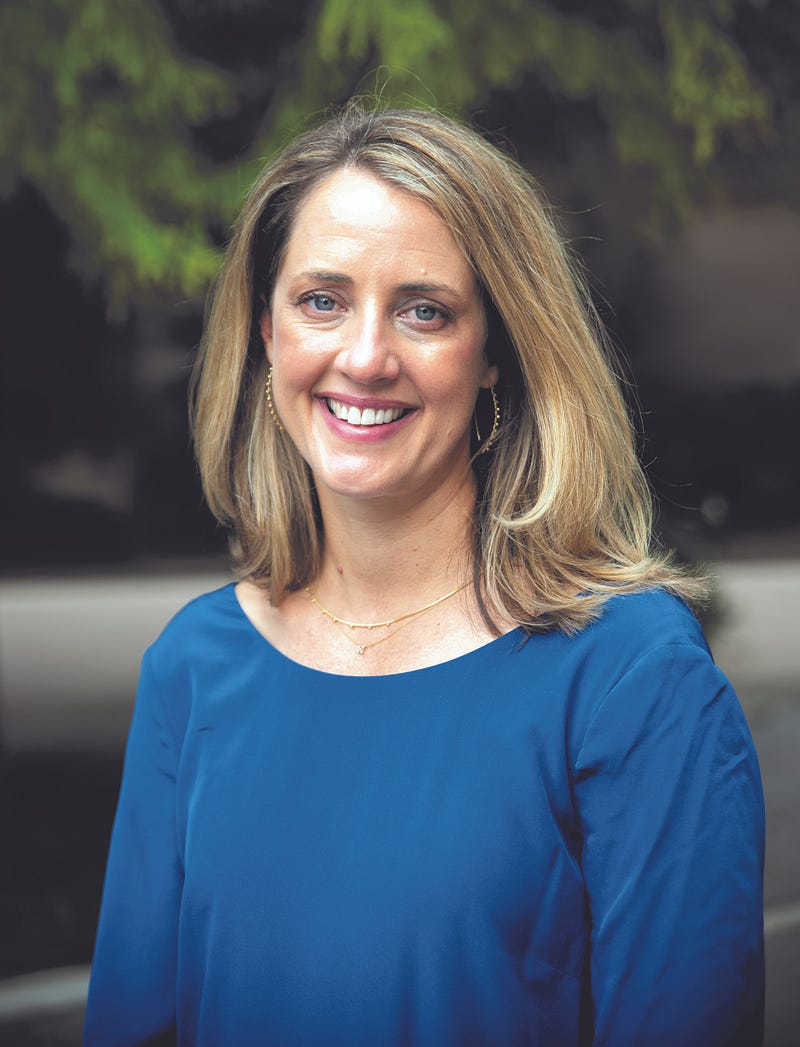
Ups and Downs
The all-virtual classes, group activities, and employer interviews have their downside, with Zoom fatigue being chief among them. But program leaders also found opportunities. DeKinder says online programs allowed McCombs to do something it hasn’t done before: bring in world-class experts “who can come in and engage with students” from wherever they are.
Students also found ways to benefit from their online world. Jenny Robinson, who is in the M.S. Business Analytics program, says virtual interactions with her professor helped her stay on track after contracting COVID-19 in late summer. “I was tired and barely had energy,” says Robinson, 23, BBA ’20. “But I was able to get on a Zoom call with my professor and tell him the situation. He helped me out with the classes I missed. I felt bad because I didn’t know how long (COVID) would last.
“I could sit in my living room on the couch and still get on (classes and group activities). … I honestly felt like I didn’t get behind.”
She accepted an offer from Deloitte, working with its Houston office.
Other benefits, says Aneeque Baqai, 24, who enrolled in the M.S. Marketing program, are the flexible office hours and help sessions professors held on Zoom. Baqai, an international student, graduated from UT Austin’s College of Liberal Arts in 2018.
During the five-week summer session in which students take nine credit hours, Baqai was having trouble working out a certain calculation, coming up with a different answer each time. He was concerned: “If you don’t understand one thing, you fall behind. Then it becomes like the domino effect. You keep falling more behind.”
He emailed his professor, who wasn’t available during day hours. Baqai didn’t expect what happened next. The professor responded, saying, “Let’s jump on a Zoom call at 9:30.” That is 9:30 p.m.
“It was a silly mistake, but the point is, I was able to have a one-on-one with my professor on Zoom,” Baqai says. Straightening out the mistake swiftly made all the difference in staying on track in an “intense five weeks,” he says.
Baqai accepted an offer from H-E-B, working as a quantitative research analyst from Austin.
Robinson also likes that Zoom provides audio and visual transcripts, which students could download to prepare for exams or to better understand more complicated lessons.
Benefits aside, the downside of all-virtual instruction “were very present and real,” says DeKinder, a sentiment echoed by students, who say they had virtual classes or groups/cohort assignments from four to 12 hours multiple days a week.
“There’s something about being in a classroom that is less exhausting for a student,” DeKinder says.
Getting to know classmates also was harder, students say. Meeting online “really takes away from the networking you get to do with classmates,” Cathcart says. “I still had an amazing experience, but I feel like I would know people better if we were all in person.”
To break up the monotony, McCombs staffers hired a company that had crafted “escape rooms” for M.S. Information Technology and Management students. To escape the rooms, students had to unlock the doors by solving puzzles together.
“This event was definitely a great team-building activity, and everyone had a fun time,” Akl says. “My cohort of 22 students was broken up into six- to eight-people groups, each in their own escape room. After we finished, we chatted about how the different groups did, and it was friendly and supportive.”
Adopting Changes
Dekinder says M.S. graduates consistently cite in-person networking with other students as a key benefit of McCombs. Those connections last years beyond graduation, students say on surveys. That’s one reason DeKinder says McCombs is looking forward to returning to all in-person instruction, as early as July 2021, when the new M.S. programs begin.
“We have felt a sense of loss not being face to face with our students,” she says. But, she adds, McCombs will take some of the things that worked well from their 10 months of virtual instruction, including career coaching opportunities for students who are unable to go to campus and guest speakers who can lecture from anyplace in the world. She says online faculty office hours are likely to continue, along with in-person hours.
Cathcart, who also battled grief, illness, and side effects of a COVID-19 vaccine, says it has been a tough year but worth the struggle. “It is true that I formed more bonds and memories with classmates in undergrad, but I am proud of our Zoom-U class of 2021.”
Alberta Phillips is an award-winning journalist in a career spanning more than 30 years. She lives in Austin.
This article appeared in the summer 2021 issue of McCombs magazine. Click on the link to see the full issue.
About this Post
Share:
